Baby Rabbits
Baby Rabbits: The When and How of safely weaning,
buying and selling bunnies, ensuring it is healthy, and bunny care during its
first few days with you.
- When and how to safely wean your bunnies and then sell them
- Where to purchase your new bunny and how to tell if it is healthy
- Best baby rabbit care during the first few days in your possession
At what age should one purchase (or sell) a bunny?
Rabbits between the age of 6 weeks and 9 weeks are likely to make the transition to a new home quite easily. The factor that is more important than age is the method of the bunny's weaning. Was it separated from its dam yesterday? Or a week ago? Was it weaned into a cage all by itself or did it have the company of a few littermates for a while? Was it weaned from its mom AND hauled into the pet store all on the same day? If so, that would add up to some health-threatening terror!
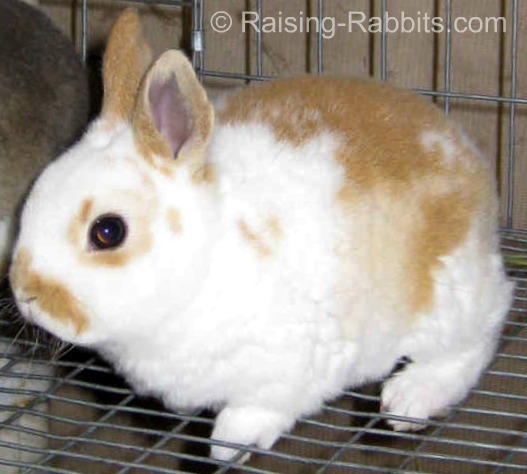 This bunny is 4 weeks old and still with its dam. It's technically weaned, but is probably too young to be thrust into a brand new environment without experiencing significant stress.
This bunny is 4 weeks old and still with its dam. It's technically weaned, but is probably too young to be thrust into a brand new environment without experiencing significant stress.When you purchase a baby rabbit, you want to ensure that the bunny's stress levels are as low as possible. In other words, you don't want to purchase a bunny on the day it has been weaned.
- There is no real danger to a bunny if it is weaned at 4 or 5 weeks old. The problem arises if it gets dragged to a pet store or a new owner's home the same day it is weaned. The weaning, combined with the all-new, noisy surroundings of a pet store or new home add up to sheer terror for a baby rabbit. Terror in young bunnies sometimes turns into death by diarrhea within approximately one week after a sustained spike in its anxiety level.
It's okay to wean young if necessary, but if you do, then leave the kit in its familiar surroundings so it gets used to life on its own. THEN introduce the next life change, for example the trip to the pet store, after a few days to a week or so.
- If the bunny you intend to purchase was weaned at 5-6 weeks old, you'd like to know that 5-7 days have already elapsed since the rabbit's actual weaning (removal from its dam).
- Even if your bunny is weaned at 7-8 weeks old, it should still be several days after the actual weaning before you take it home with you. This is so that you will know that the rabbit's stress levels are under control.
Some people take comfort in the hope that if a rabbit is older than some magical age, it will never get sick. Some localities even pass laws specifying an age before which it is illegal to sell rabbits. It's well-intentioned, of course. The fact remains: some rabbits as young as the 4-week-old rabbit above have done fine going to a new home; others stress out at 11 weeks old and wake up dead one day. Like people, rabbits are individual.
A multitude of choices factor into a baby rabbit's health. Some of those choices the rabbit breeder makes, and some of them you make after you bring your new baby rabbit home, even if your bunny is 10 weeks old when you acquire it. Unfortunately there are few guarantees when living creatures are involved.
Ideally, if the process of weaning remains fairly stress-free, bunnies will do famously, even if they seem young to you. In my barn, bunnies are very close to 6 weeks old (even 7 weeks of age sometimes) by the time they have finished with our weaning process. See how we do it at Weaning Rabbits. At this point, they are in minimal danger health wise should they go to a new home.
Benebac: A Safety Net for Baby Rabbit's Digestive Health
Benebac Plus in Powder Form (pd ad)
Below: "Ready or not, here we come!" These rabbits are nearly 6 weeks old, big for their age, very healthy, and ready to tackle their new roles in life.
Where to Get Your Bunny?
Breeder? ...Pet Store?
We recommend you purchase your bunnies from a serious rabbit
breeder, but we have absolutely nothing against purchasing from a pet store either.
We occasionally sell a bunny or two to a pet store, and if you purchased one of our
rabbits from that pet store, you got a fabulous and healthy bunny.
If you have a relationship with a
breeder, you have a valuable resource for getting questions answered at a later
date. (You can find answers right here on Raising-Rabbits, too, of course.)
Raising-Rabbits: Home of
The Rabbit Raising Problem Solver
All your Answers in One Book!
Learn More Here
$22.62 - Order Here
...Rescue?
Rescuing a rejected rabbit is a noble intention. I'd like to be a voice of caution however. Rabbits are highly enjoyable creatures, which is why there is usually an underlying reason or two for why a rabbit might end up in a shelter. The two that alarm me the most are these:
- Intractable sickness, such as snuffles
- Aggressive dominance
Please recognize that not all rabbits are suitable pet material. Pet rabbits should be a genuine pleasure to their owners.
No Sticky Butt, No Snotty Nose
Talking about health, the bunny that you bring home should have a clean hind end. Flip the bunny over and ensure its bottom is either clean or
that any sign of mild bunny diarrhea is well in the past. If the hind end was once
soiled but is now clearly on the mend, this means that the kit’s healthy flora
are already establishing themselves and it has most likely already passed any danger
period.
Your new bunny should also have a dry nose. Any sneezing or white gunk in the bunny’s nose means it’s sick. Don’t take
it. If you hear sneezing or see white gunk in its littermates or in nearby
animals, these are huge warning signs. We recommend you just walk away and get
your bunny elsewhere.
Where can I find top quality rabbit cages that are great for rabbit feet?
From Raising-Rabbits, of course!
Raising-Rabbits has partnered with Hostile Hare to bring you cages that exceed our rigorous rabbit housing standards.
We do not manufacture cages, but we sure recognize a well-built, predator-proof, baby-safe, bunny-feet-safe cage when we see it! We think Hostile Hare cages will serve you well for years.
Explore the choices by clicking the logo or this link!
Baby Rabbit Care
Arriving at its new home for the first time might feel frightening to the baby rabbit. But he should settle in just fine if you will take a few precautions at the outset of bringing the bunny home.
Quiet Time:
When you get the bunny home, give it several days of
quiet time, so it can get used to your home or rabbitry environment. While
you're at it, keep your predator (pet) dogs and cats at a distance for at least a week or so.
Once the stress of the big move has subsided, the bunny will become much more
interested in socializing.
Grass Hay:
The main concern with weaning and obtaining young bunnies centers on the possibility of deadly diarrhea. However now we know that the problem is not age; the most probable culprit is stress-induced dysbiosis (imbalanced gut bacteria resulting in the proliferation of
clostridium and other pathogenic germs) that can kill a rabbit of any age,
including adult rabbits.
Give your baby rabbit plenty of grass hay every day until around age 10 weeks of age. It’s cheap health insurance. The high-fiber hay helps prevent the bad guy germs from getting out of control, which keeps your bunny healthy.
At the same time, the bunny does not need any sweet treats. Let the moving stress blow over completely before you give it any apples, bananas, raisins, or similar treats.
You'll find many more tips for taking care of your baby rabbit at Pet Rabbit Care, and at Pet Rabbits.
Here's our Rabbit Care Checklist, which includes all the equipment you'll need for your new rabbit plus some great ideas for rabbit toys.
Read more about the risk of Bunny Enterotoxemia (diarrhea)
Below: These 4 week old baby rabbits no longer "need" their dam as they can feed themselves completely, however we're in no rush to pull the doe out of the cage until the bunnies turn 7 weeks old.
Raising rabbits? Consider a membership to the American Rabbit Breeders Association
Double-Value Guarantee
Our policy is to always OVER-deliver
on value,
which is why your purchase is fully covered by our
Double-Value
Guarantee.
Go ahead - take any of our e-books for a test drive. Peruse our detailed informational and educational e-books. Examine our plans for building rabbit cages, runs, or metal or PVC hutch frames. Check out the Rabbit Husbandry info e-books.
If you aren't completely satisfied that your e-book purchase is worth at least double, triple or even quadruple the price you paid, just drop us a note within 45 days, and we'll refund you the entire cost. That's our Double-Value Guarantee.
Note: When you purchase your
e-books, they will be in PDF format, so you can download them to any device that
supports PDF format. We advise making a back-up copy to a drive or cloud
account. If the books are lost, you can also purchase another copy from Raising-Rabbits.
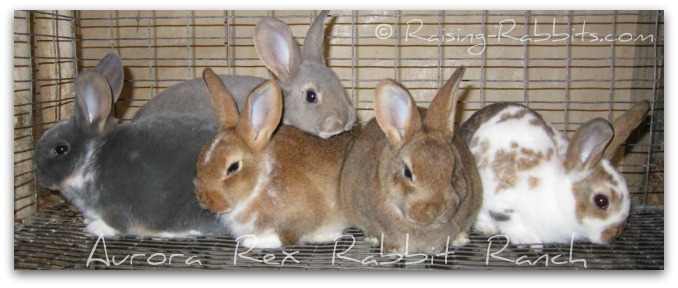
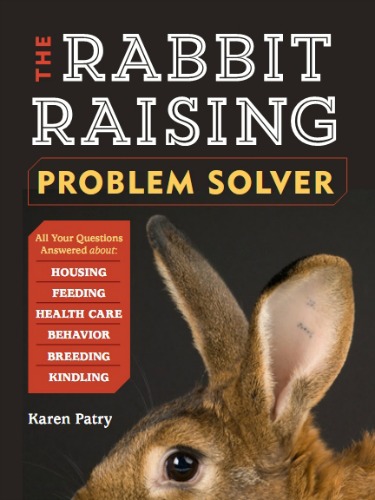

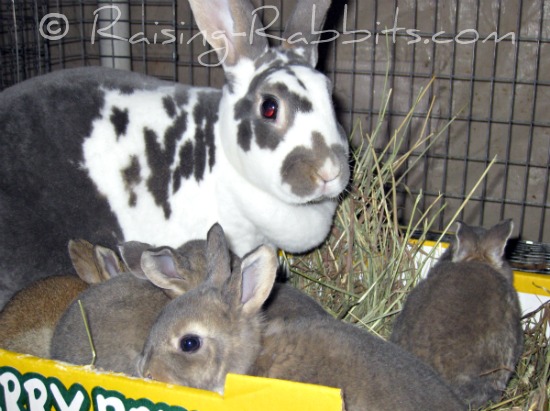
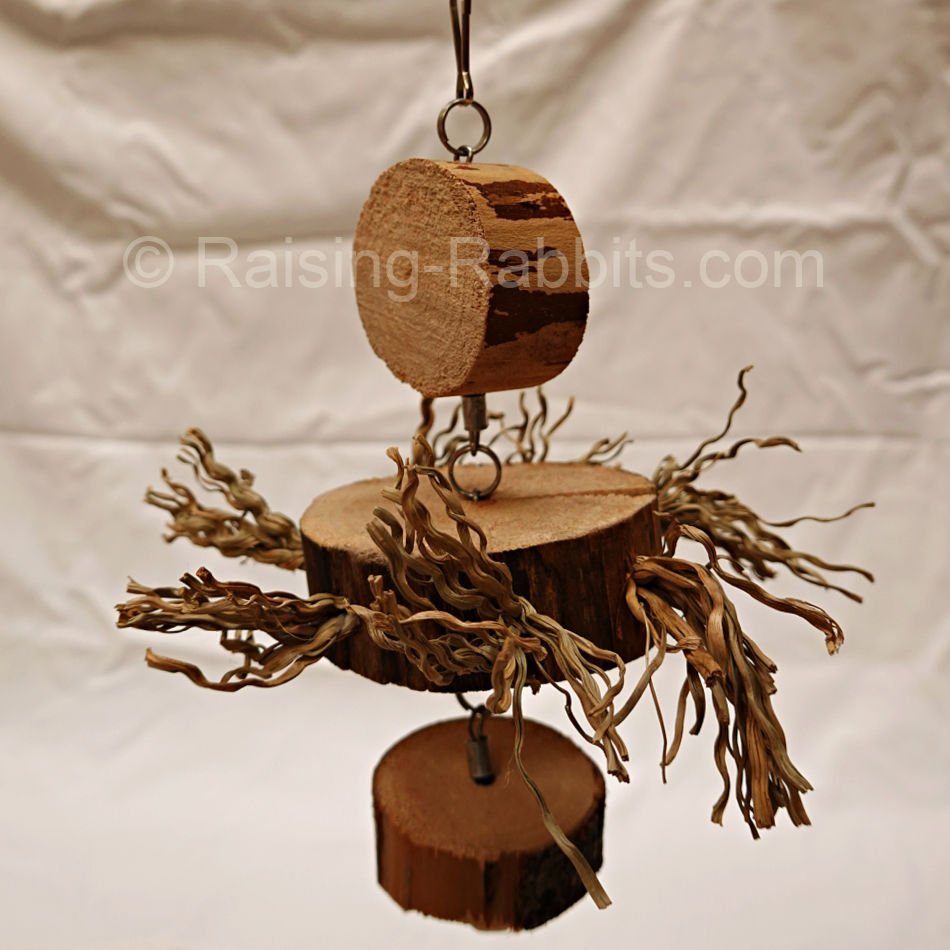
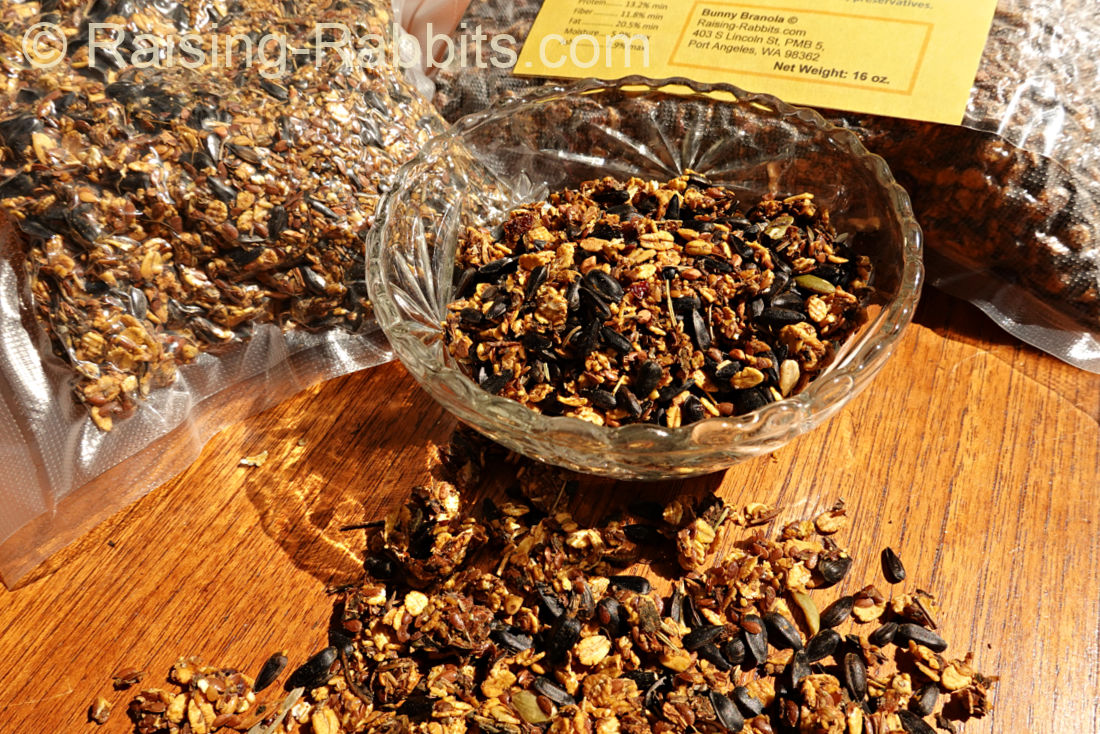



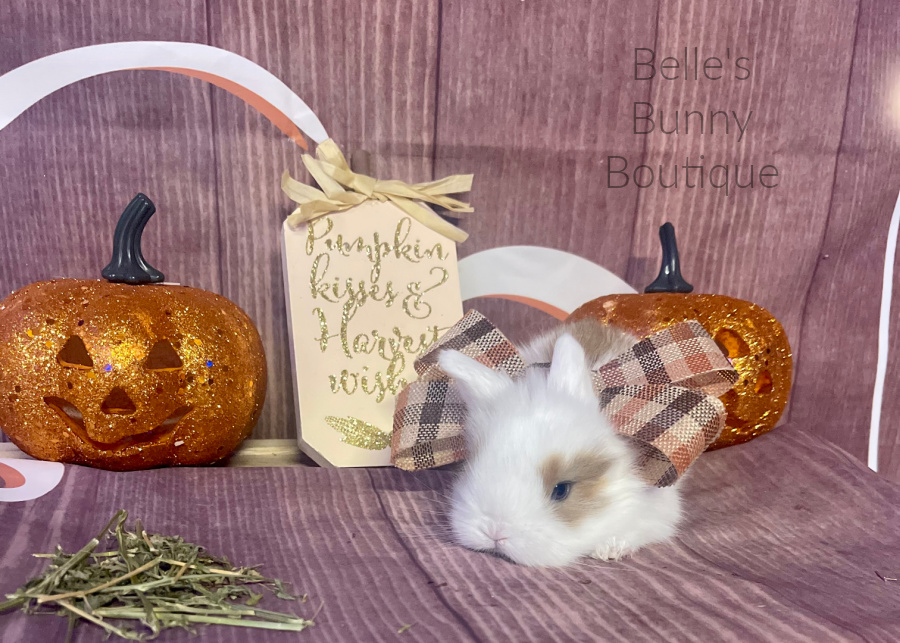
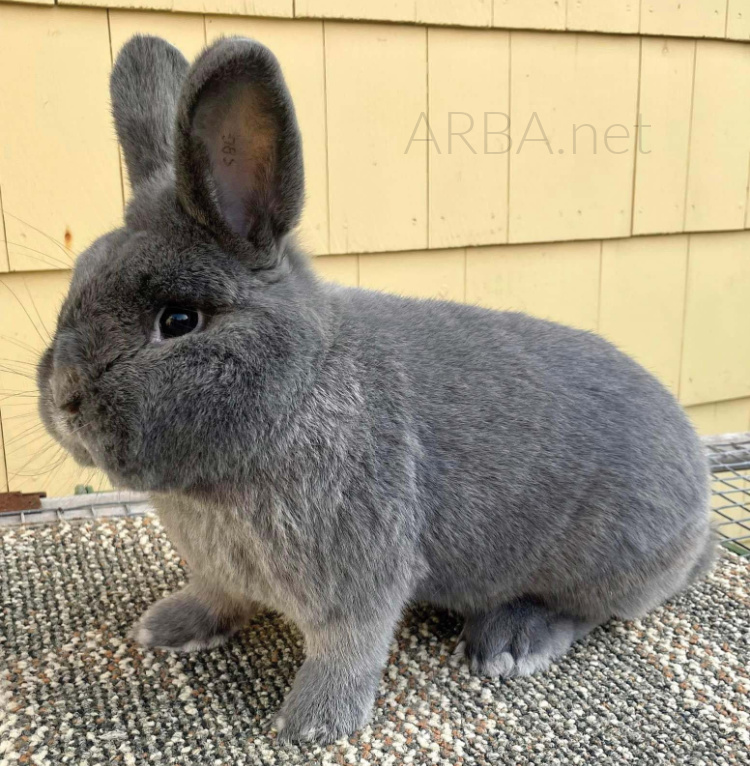

New! Comments
Have your say about what you just read! Leave me a comment in the box below.